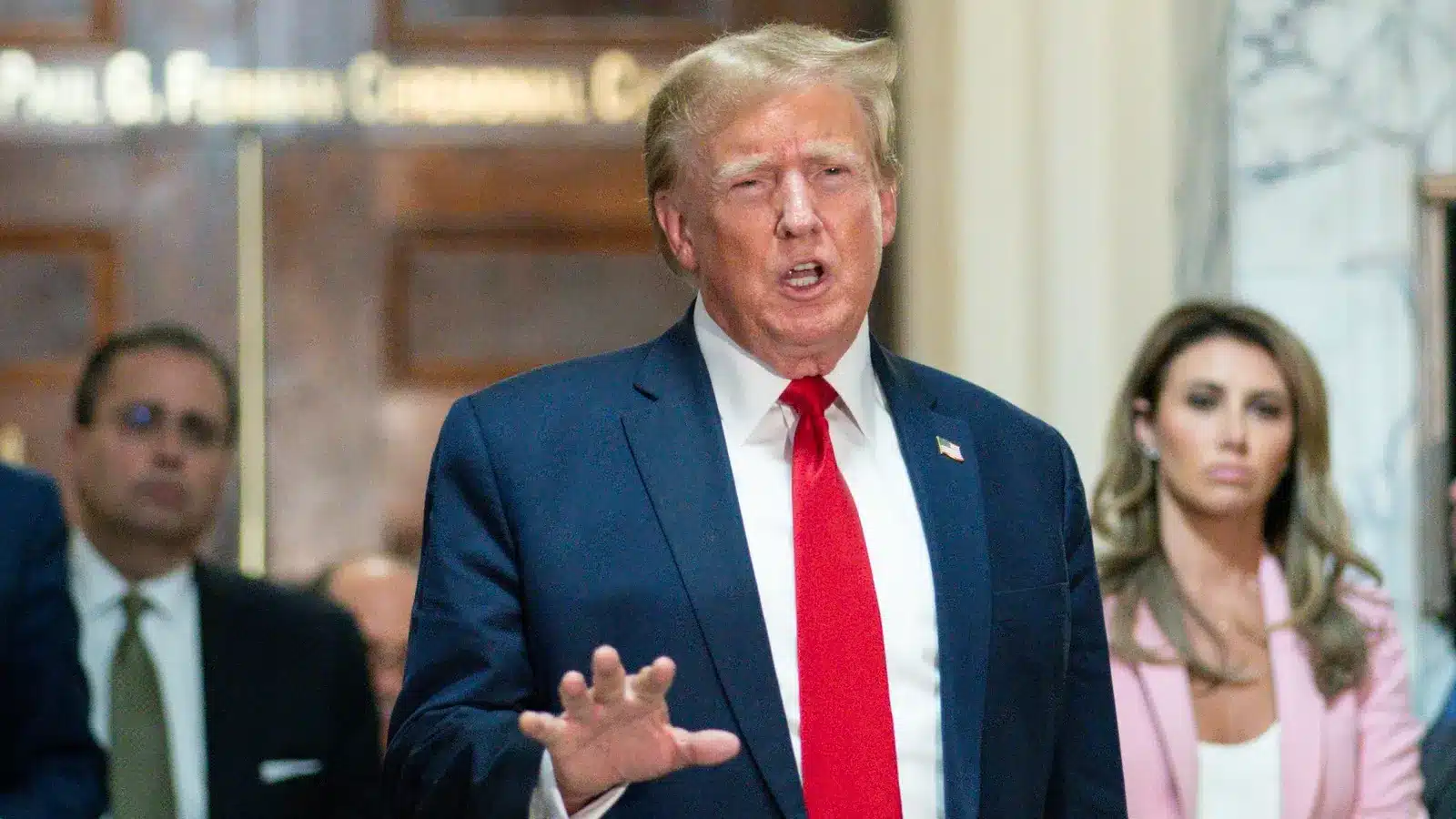In a recent appearance on “Meet the Press,” White House National Security Adviser Jake Sullivan expressed significant concerns over the potential for Russian interference in the upcoming 2024 U.S. presidential election. Sullivan’s comments underscore a growing apprehension within the U.S. government regarding foreign entities’ attempts to manipulate American democratic processes.
According to Sullivan, the threat posed by foreign interference is not a matter of partisan politics but a grave national security concern. He highlighted Russia’s history of attempting to sway U.S. elections and its ongoing efforts to undermine democracy in the United States. Sullivan assured that the Biden administration is taking these threats seriously and is committed to remaining vigilant in safeguarding the integrity of U.S. elections. Furthermore, he emphasized the importance of bipartisan cooperation in Congress to address this issue, reinforcing the notion that the defense against foreign interference transcends political divisions.
The concerns raised by Sullivan are echoed by top U.S. national security and intelligence officials who have warned that Russia, despite being embroiled in a conflict with Ukraine, continues to pose a significant threat to the U.S. electoral process. In October, the U.S. government released an intelligence analysis to countries worldwide, detailing how Russia employs spies, state-run media, and social media platforms to influence elections not only in the United States but across the globe. This analysis sheds light on the sophisticated tactics Russia utilizes to disrupt democratic institutions and sow discord among the electorate.
Also Read-Tragic Loss at University of Georgia: A Community Mourns Laken Hope Riley
However, Russia is not the only country implicated in such activities. A report by Microsoft revealed that other nations, including Iran and China, are also engaging in efforts to destabilize U.S. democracy. According to the report, these countries are employing artificial intelligence to orchestrate cyberattacks, demonstrating the evolving nature of the threats facing U.S. elections. The use of advanced technology in election interference represents a significant challenge for the U.S., necessitating a robust and adaptive response from both the government and private sector.
The revelation of these threats has led to calls for increased vigilance and cooperation among U.S. intelligence agencies, law enforcement, and the tech industry to detect and counter foreign interference attempts. The U.S. government is also working to enhance the security of election infrastructure and to foster greater public awareness of the tactics used by foreign adversaries to influence electoral outcomes.
Also Read-Amy Schumer Opens Up About Cushing Syndrome Diagnosis Amid Public Scrutiny
The potential for foreign interference in U.S. elections is a pressing issue that demands a unified and comprehensive approach. As the 2024 presidential election approaches, the U.S. must remain resolute in its commitment to protecting its democratic processes from external threats. The collaboration between government agencies, bipartisan legislative efforts, and partnerships with the private sector will be crucial in ensuring the integrity and security of future elections.



